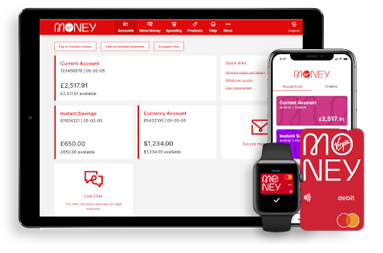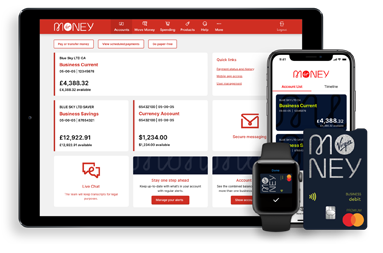Grow your business by buying a competitor
< back to all business news articles
14/11/2017
It’s not every day that you think about buying your competitor, but it’s worth considering, especially if expansion is on your mind, your systems are humming along and you’ve got extra cash to re-invest (or access to capital). Purchasing an established competitor enables you to grow your customer base overnight – while eliminating a rival that was eating into your market share.

If a competitor next door is a little too close for comfort (i.e., because of your competitiveness you wouldn’t be able to talk to them about a business deal), then perhaps a rival further away might consider selling.
Why purchase a competitor?
Buying out a competitor has lots of benefits, and not just because their customers are now your customers. You’ll also open up new opportunities for business growth, such as:
- Maybe they have a significant customer you’ve always wanted, which will help your credibility marketing to others.
- Increasing your operational capability - your competitor might have staff or expertise that you can make the most of.
- Picking up their assets – such as premises, specific stock, or machinery. It could be cheaper to buy a competitor’s second-hand equipment than to purchase brand new. You may be able to double or triple your output – especially if you have a contract that needs filling.
- They may have a great location that you’ve wanted, or be located in a region where you need a physical presence for distribution.
- Increasing profits – in some businesses you can rationalise admin tasks or back-end support to lower overheads, warehouse space, or anything that’s duplicated. You might also be able to buy in larger quantities and get increased discounts for both businesses.
What to look for
Not all competitors are worth your time. Even the best-looking competitor could have some significant flaws under the surface, including bad debts, staff problems, or bad systems and processes. Consider the following:
- Contracts – do they have large contracts that will keep their business profitable for the immediate future? For example, an IT firm might have a large government contract that provides a significant chunk of their revenue. Is the contract being renewed?
- Assets – does it come with some valuable assets that you can leverage to grow your operation? For example, a transport and logistics company might be able to pick up another five trucks and a warehouse by buying a competitor.
- Staff – they can be a competitor’s biggest asset, so it’s up to you to retain the cream of the crop. When buying another business you don’t usually need to take on all their staff, just the best.
- Intellectual property (IP) – often they’ll have some protected IP. Some business owners will look to retain their own unique IP when they hand their business over to the next owner. If this is the case, you’ll need to be ready to adjust your offer accordingly.
What are they really worth?
Deciding on the market value for any business can be tricky – the amount you’re prepared to pay will be a combination of the business’s worth to you, and the approximate market value.
The current owner might have over-capitalised in certain areas or made poor investment decisions. They could include intangible assets, such as an exclusive license to sell certain products in a particular area, or have secured future orders that reduce your risk when buying the business. You obviously don’t want to pay more for the business than it’s worth. To avoid this:
- Arrange a business valuation to determine a rough market price. Business brokers are experts in helping assess values. Ideally, find a broker with experience in your industry.
- Investigate the location of the business and any future plans for the area.
- Research likely future profits and risks.
Don’t be phased by what the business made last year – you need to focus on the profit it’s capable in the future.
Steps to take
Once you’ve made the decision that a competitor’s worth purchasing, it’s important to make sure of the following:
- Talk to a business broker – ideally, find someone with experience in your particular industry. They’ll have a greater knowledge of how best to proceed, especially if the competitor agrees to sell.
- Find a way to let your competitor know that you’re interested in buying their business, without actually saying who you are. This is where a business broker, colleague, accountant or business contact is useful– they can let the competitor know someone is interested in buying their business, as well as if they’re keen to sell it, without breaking confidentiality.
- Keep it quiet – it’s not wise to make your purchase intentions known publicly too early on. It can be stressful for the employees of your business and your competitors. Once the deal is ready to be put into motion, it’s important to get non-disclosure agreements signed.
Summary
While buying a new business is exciting and will provide many growth opportunities, don’t get so distracted that you neglect your primary business. A good way around this is to appoint a key employee to manage your existing business while you focus on the purchase. It’s also important to navigate the process with the advice and guidance of your accountant, lawyer and any business advisors.
Keep your ear to the ground for purchase opportunities in your industry. Talk to colleagues who are in businesses similar to yours to find out if a competitor is thinking of selling, so that you don’t miss out on what can be a great growth opportunity.
Additional resources
POSTED IN: Growth,2017
SHARE
Related Articles
You can find impartial information and guidance on money matters on the “MoneyHelper” website.
Clydesdale Bank is covered by the Financial Services Compensation Scheme (FSCS), Find out more.


